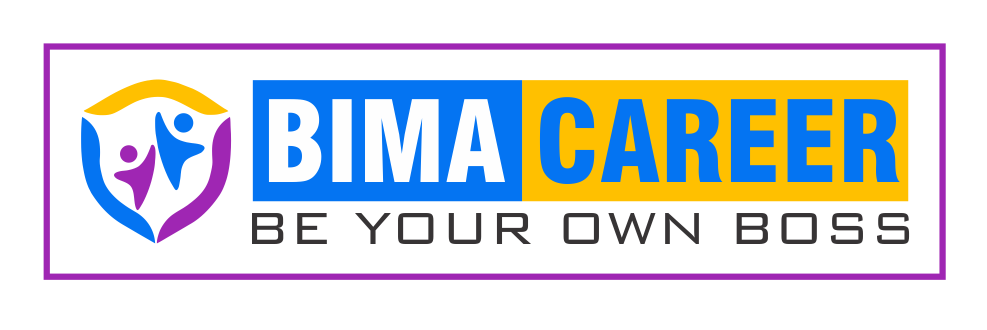LIC has launched a new whole life endowment plan — Jeevan Umang. This endowment policy promises a regular payout to the life assured from the time he completes the premium payment until the time he survives (or the policy matures).
Anyone of age up to 55 years can take the policy. The minimum sum assured given is ₹2 lakh. There is no upper limit on the sum assured. The policy offers accident and critical illness cover as riders for an additional premium.
The policy matures when the individual turns 100. So, the maximum policy term given is 100 minus your age at entry. You can chose a premium payment term of 15, 20, 25 or 30 years.
How the policy works
Once the premium payment term is over, the policy starts paying the survival benefit. This is 8 per cent of the sum assured and is paid every year till the policyholder survives or till the maturity of the policy (which is when he/she turns 100 years).
On maturity, the policy pays back the promised sum assured, plus bonus if any.
The bonus comes in two parts. One is the simple reversionary bonus and the other is the final additional bonus (also referred as FAB).
All traditional participating plans have a ‘bonus’ component that determines the returns of the policyholder. The bonus declared by an insurance company in any year depends on the performance of its life fund and the surplus that it generates.
To declare bonus in a year is at the discretion of the company but once declared, it becomes a guaranteed benefit.
A reversionary bonus is calculated on the sum assured of the policy and is an annual benefit. The final additional bonus also comes from the profits of the company, but is not an annual benefit. It is paid only once, either during the maturity of the policy or during policy termination on death of the policyholder.
But if the insured dies before maturity of the policy, the company will pay the sum assured plus bonus, if any, to the nominee and the policy will terminate.
Our take
Whole life products are for people who look for an assured benefit from the insurance policy. But as these come bundled as endowment policies, the premium is high and the returns low.
If you are a conservative investor and looking for moderate returns with a regular cash flow, you may consider this plan from LIC.
Unlike other whole life plans in the market and LIC’s own new Jeevan Anand, in Jeevan Umang, you get a regular cash payout from the year the premium payment finishes.
This can take care of financial commitments, if any, of the policyholder. For a 35-year-old, the premium on ₹10 lakh sum assured policy will be ₹54,945 (annual) for a premium payment term of 20 years.
If he pays this sum every year for the next 20 years, then, from the 21st year, he will get ₹80,000 (8 per cent of ₹10 lakh) till he survives (or till the date of the maturity of the policy).
Assuming a reversionary bonus of ₹50/1,000 of sum assured and FAB of ₹3,550/1,000 of sum assured (based on bonus rates of LIC in recent years), the return for a 35-year-old person who pays premium for 20 years for a ₹10lakh policy and survives till age 75, comes to about 7.3 per cent.
The IRR will be higher if death occurs early. This is because the sooner the money is received, the more its value (a given sum of money’s value reduces with every day into the future because of inflation).
The corollary holds true too. The longer the survival period, lower the IRR.
Jeevan Umang is not strictly comparable to other whole life plans in the market as one, it promises a regular payout in the survival period, and, two, the sum assured is paid only once — either on death or on maturity.
For those who are not keen on receiving a regular income but want to pass on the sum to the next generation through a whole life policy, New Jeevan Anand may work better as the IRR is higher due to its shorter policy term.
HDFC Life’s Sampoorn Samridhi Plus, SBI Life’s Shubh Nivesh and Max Life Whole Life Super are other popular whole life plans. But the bonuses declared by these insurers are lower than LIC’s plans and the IRR is also lower.
---- By RAJALAKSHMI NIRMAL | The Hindu Business Line
